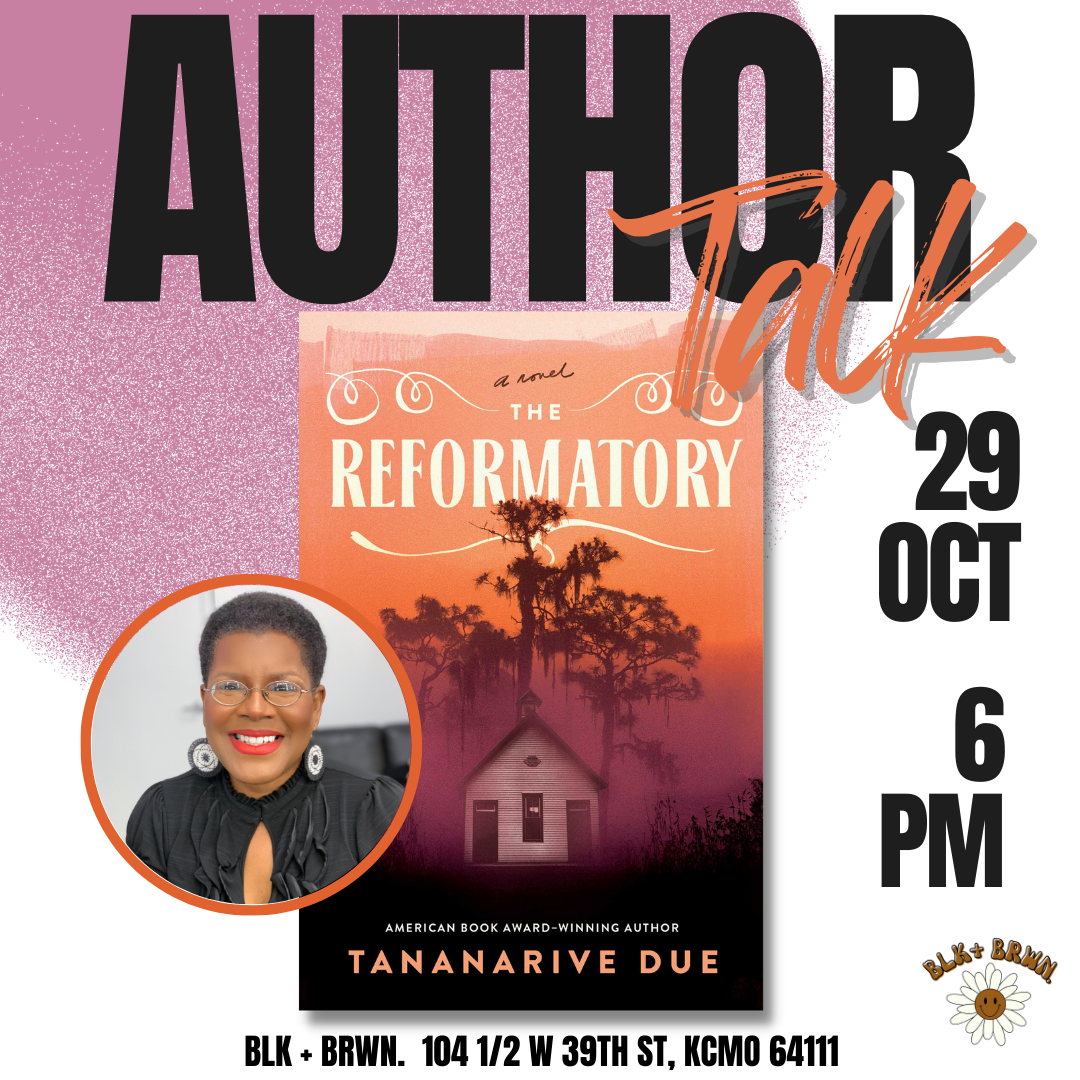About the Author:
Lyzette Wanzer is a writer, editor, and workshop instructor. Her work has appeared in more than twenty-five journals, magazines, and books. She has presented her work at conferences across the country. Wanzer is a contributor to The Chalk Circle: Intercultural Prizewinning Essays and Lyric Essay as Resistance: Truth from the Margins. She lives in San Francisco.











